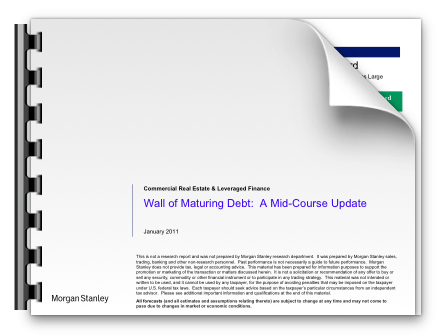Things just aren’t working out for Ed Balls as Shadow Chancellor. Over the past year or so he has consistently pointed across the Atlantic Ocean to the United States for proof that the George Osborne’s fiscal restraint is unnecessary and dangerous.
A massive hole was blown in that argument last week when President Obama unveiled a plan to cut the US deficit at a faster rate than the UK, 2% per year as opposed to 1.6%. Understandably, George Osborne was crowing; “It reinforces the point that Labour are entirely isolated in the international community…That has left them in no-man’s land”
Balls quickly issued a flustered rejoinder. He accused Osborne of “once again playing fast and loose with international comparisons to score political points” before making the blatantly false argument that “George Osborne is going much further and faster than any other major economy in the world. He is the one who is isolated”
Then Balls handed fortune another hostage by paying tribute to Obama’s “steadier approach to secure the US recovery”.
Perhaps not. On Monday Standard & Poor’s, a rating agency, downgraded the outlook for the USA’s debt from ‘stable’ to ‘negative’. This has already caused shocks to stock markets, sent gold to a stratospheric $1,496, and higher borrowing costs for the Treasury may be looming.
What the US is now learning is the lesson the UK has been painfully learning for the last few months: vast government spending does not bring about a recovery, it merely keeps the previous show on the road a little longer.
It is often claimed that the British economy was recovering when Labour left office. As Balls himself put it last month “When Labour left office last spring the economy was strengthening with growth of 1.1 per cent in the second quarter of 2010. Inflation was lower and unemployment was falling”.
Of course it was. If you throw £150 billion of borrowed money at an economy you are bound to see some result. So it is in the United States. The United States Treasury has been throwing trillions of borrowed dollars at the economy. It has brought some benefit, growth was a comparatively healthy 2.6% last quarter and unemployment drifted down to 8.8% last month from 9.8% in December 2010.
But what happens when, as it must, you can no longer borrow at that level? That is a question Balls and other Keynesians consistently fail to answer.
It is a question Timothy Geithner and even Barack Obama are finally facing up to. But who will the Shadow Chancellor point to now? Ed Balls, the Fernando Torres of economics, continues to misfire.



Magnificent picture at the end, John. “The Fernando Torres of Economics” – I hope it catches on (I also hope that poor old Nando keeps misfiring).